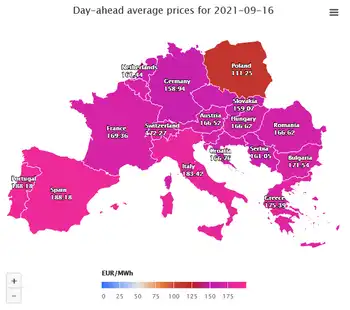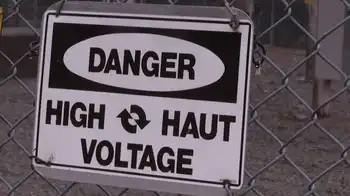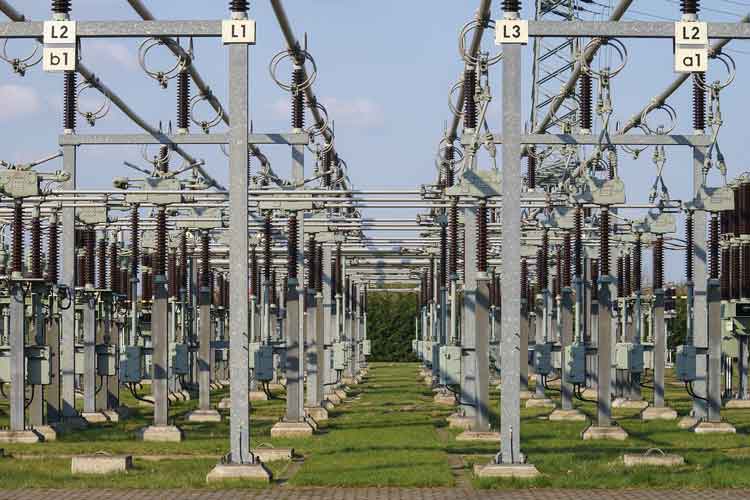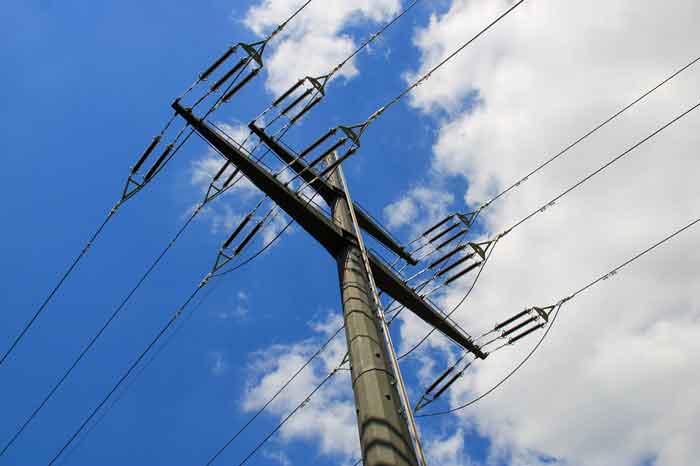Businesses weigh power co-op plan
By Knight Ridder Tribune
High Voltage Maintenance Training Online
Our customized live online or in‑person group training can be delivered to your staff at your location.

- Live Online
- 12 hours Instructor-led
- Group Training Available
"No more folks," said Bonnie Grady, senior associate with CQI Associates, an energy management consulting team based in Maryland. "This is an important topic that is not going away. You have to pay attention to how you're paying for electricity if you w nt to keep your business flourishing."
In other words, business owners should shop around for a good price because deregulation law allows multiple suppliers to provide power, Grady told a group at Heartland Community College in Normal. That competitive bidding could offer 6 percent to 15 percent savings the first year, depending on an organization's size.
As utility rates continue to rise, those figures could double in the second year and again in the third, Grady said. Pamela Sweetwood, a board member of the Humane Society in Normal, likes the idea. "Anything we save is more pets we can help," she said. "That's the bottom line."
The group of about 50 McLean County businesses, not-for-profit organizations and government entities was doing some homework about a recently proposed McLean County Chamber of Commerce electrical cooperative. Co-op participants can buy power from another supplier, but AmerenIP still would provide delivery services.
Corn Belt Energy Corp. members are unable to participate in the program because of Illinois regulations. CQI Associates has worked to form cooperatives with chambers in Decatur, Peoria and Champaign this spring. The company now expects to bid for a two- or three-year power contract for McLean County along with chambers in Springfield, Logan and Effingham o the same day this fall, thus increasing the chance for a better deal.
"It just makes sense," Grady said. "It's power in numbers." The program makes sense for Mike Flanigan, manager at The Alamo II in Normal. Grady looked at Flanigan's electric bill and told him what he already figured - his bill is high enough that a co-op could save him money.
"If I can save 6 percent... the benefit's just too great not to (sign up)," Flanigan said. Businesses that pay more than $200 a month for their electric supply will benefit the most, Grady said. But there is no guarantee members' cost will always be cheaper with their supplier. The main goal is for participants to find long-term budget stability, Grady said. The deadline to enroll in the co-op is Aug. 3. The membership fee is $300 per location. Fees will not exceed $3,600, regardless of the number of locations.











